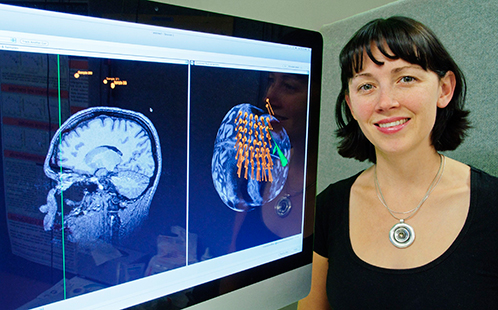International scholarship to aid UWS brain researcher

A University of Western Sydney researcher exploring potential new therapies to help people 'rewire' their brains after damage from injury or disease has received a prestigious Fulbright Scholarship to study at the US National Institutes of Health.
About the Fulbright Scholarship
The international Fulbright Program(opens in a new window) was established in 1946 as an initiative of United States Senator J. William Fulbright, who believed that cultural and educational exchange could play an important role in building a lasting world peace. It currently operates between the US and 155 other nations, and more than 325,000 people have become part of a prestigious worldwide alumni.
The Fulbright Program in Australia is funded by the Australian and American governments and a generous group of sponsors. Each year, exceptional Australians and Americans are selected through a rigorous process to develop new knowledge and skills through a Fulbright scholarship.
Fulbright Postdoctoral Scholarships(opens in a new window) are available to Australian citizens to engage in three to 10 months of postdoctoral research or professional training in the US. The scholarship is aimed at applicants who have recently completed a PhD and provides an opportunity for a talented New South Wales resident to undertake postgraduate or postdoctoral study or research in the United States for three to twelve months. The Scholarship is open to any field of study.
Mobile options:

